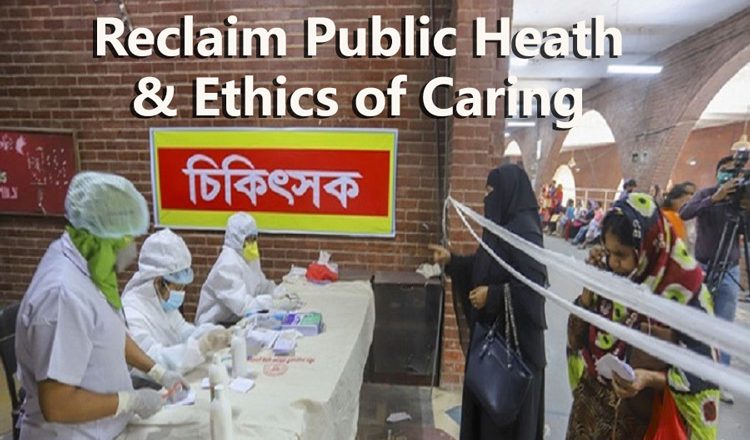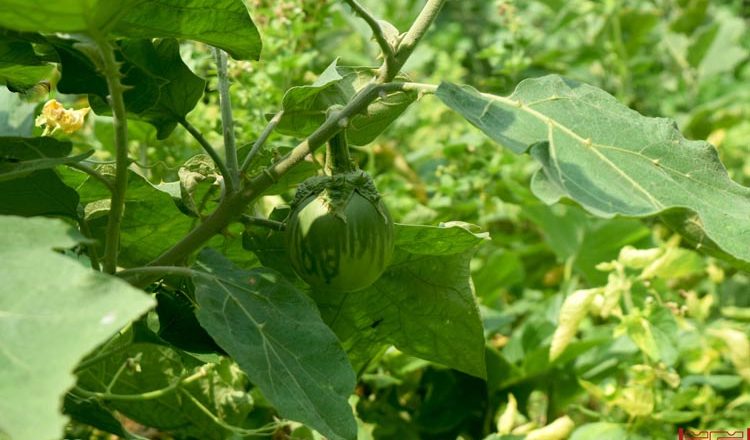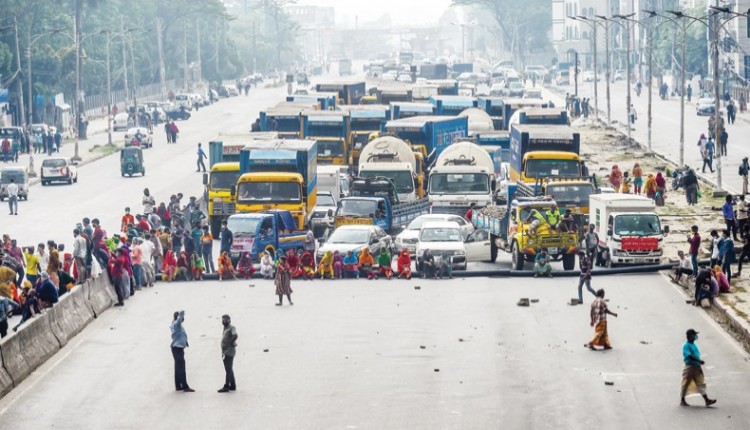4. Pandemic and Public Health Challenges of Bangladesh
UBINIG
“But tell me, your physician in the precise sense of whom you were just speaking, is he a moneymaker, an earner of fees or a healer of the sick? Andremember to speak of the physician who really is such…” – Plato (Republic 341C) “You cannot fight a fire blindfolded” - WHO Director General Dr Tedros Adhanom Ghebreyesus at a press briefing on 16 March, 2020
INTRODUCTION
Cherished ideas disappear fast, so is the Alma Ata Declaration, the visionary approach to Primary Health Care (PHC) endorsed by World Health Organization in 1978. The significance of Alma Ata Declaration lies in its comprehensiveness, setting health within the broader context of socio-economic, cultural and political conditions and realties. Health is not merely a medical condition, but outcome of ...


